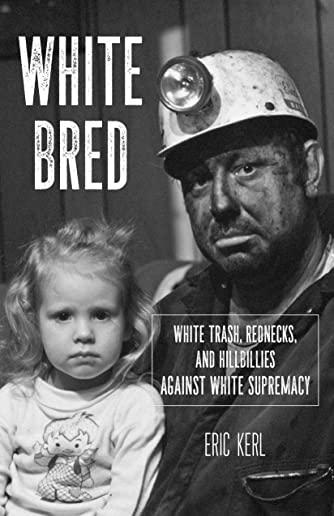
Kerl, Eric
J. D. Vance's Hillbilly Elegy, published just before the election of Donald Trump, thrust the people of Appalachia into the spotlight. Perplexed by the specter of white poverty and apparent backwardness, liberals and progressives turned to Vance's Elegy to understand Appalachians. Instead, what they found was a blame-the-victim narrative that wouldn't pass the smell test of racism in any other case. White Bred is the antidote to the narrow and myopic characterizations of Appalachians that Vance pushes. Kerl draws on a rich tradition of Appalachian scholars and left-wing writers to illuminate questions of poverty, racism, underdevelopment, and social struggle in the region.
White Bred begins with the colonization of America and the use of white bondspeople from England, Ireland, Scotland, and Germany. Not only did the Civil War and Reconstruction periods radically highlight the crimes of Black slavery, they also exposed the chasms of inequality, resentment, and bitter violence that existed within the white population--particularly in the South.
Kerl goes on to examine the dispossession, subjugation, racialization, and resistance movements of Appalachian people, from the role of country music in poor white and working-class life to the multiracial movements standing up to resist white supremacy and racism.
Eric Kerl is a Kentuckian living, working, organizing, and writing in Chicago. His articles have appeared on ReWire.News, International Socialist Review, 100 Days in Appalachia, Socialist Worker, and elsewhere.







